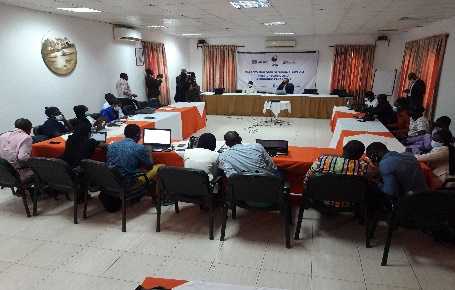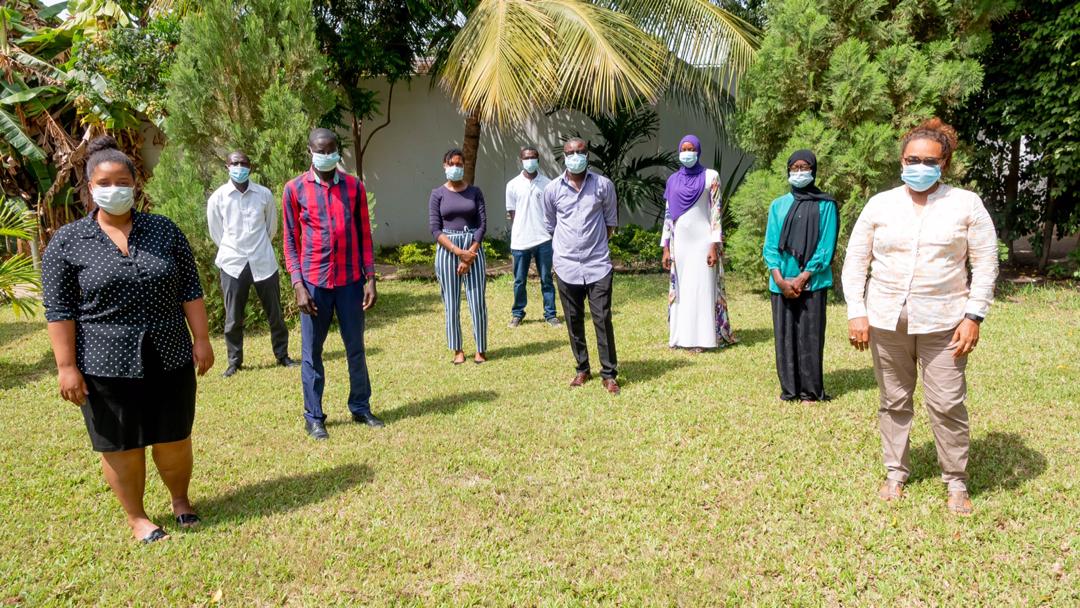By Adama Makasuba
At least 30 Gambian journalists drawn from the print and electronic media including online are currently attending three-day training on fact-checking which seeks to help the reporters in verifying information circulating on social media platforms.
The UNESCO sponsored training programme comes up as the country preparing for the December 4 presidential poll due in few months time. The sponsored fact-checking training is implemented by Gambia Press Union.
Speaking at the opening ceremony held at Seaview Hotel, Muhammed S Bah, GPU vice president described media’s role in electoral process as crucial in ensuring a credible, free and fair elections.
“Fact-checking is part of everyday journalism, but it is even more important that this culture of verification is entered during elections,” he said, while added that “misinformation and disinformation (fake news) come in many forms, and it is important for journalists to identify and debunk them.”
Mr Bah advised the journalists that fact-checking in elections “should not only be limited to what the political candidates say, but also deliberate attempts by their supporters and other groups or individuals to mislead of manipulate the people must be checked.”
“Our fact-checking trainings are in response to the upsurge in information disorder which poses a damaging challenge to public policymaking, communal harmony and media credibility. And we look forward to collaborating with more partners including UNESCO in these and other areas of capacity building for journalists,” he added.
Patrick McCarthy, UN Peace & Development Advisor in The Gambia who represented UN Resident Coordinator said: “as The Gambia prepares to head to polls on 4th December for the presidential election, it is critical to empower the media with tools, resources and skills to counter the phenomenon of disinformation and misinformation, especially within the context of the COVID-19 crisis, during which fake news is spreading more than ever around the world.”
“Elections constitute a key moment in the political life of a country as they allow citizens to express their choices and designate the political representatives who will determine important aspects of the present and future of their countries. But election periods are also a time where so called “fakes news” can proliferate, with the aim of misleading the public and propagating false information. In times like this, facts can be a matter of life and death. Therefore, the need for effective fact-checking and verification of information cannot be overstated,” he added.
He described fact checking and verification as “a strong choice offered by the news media and its collaborators that could be relied upon by government and all other information consumers.”
Lamin Jarjou, senior programme officer for Gambia National Commission for UNESCO described the project “very timely” adding that “knowing that elections and its attendant activities are high-staked issues UNESCO would like to not only wish the country best of luck but also to do things within its reach and guide this much cherished tenet of democracy.”




